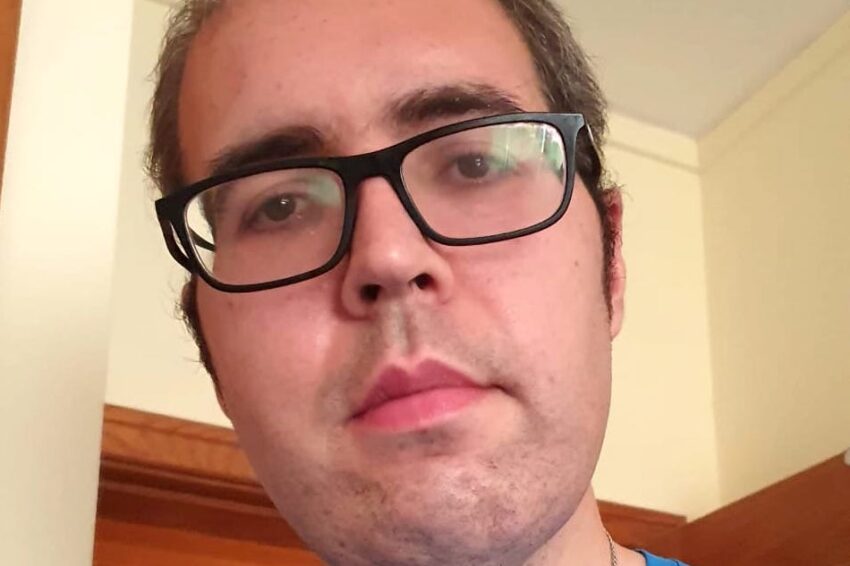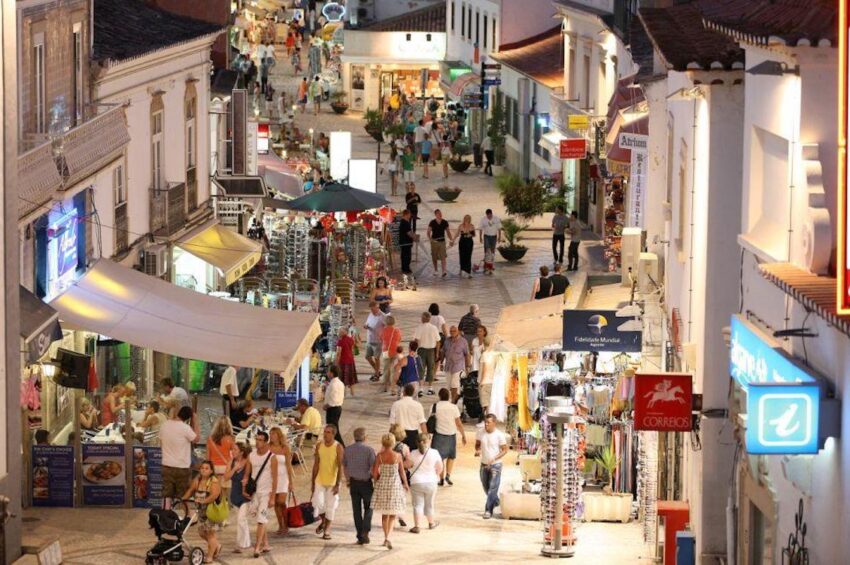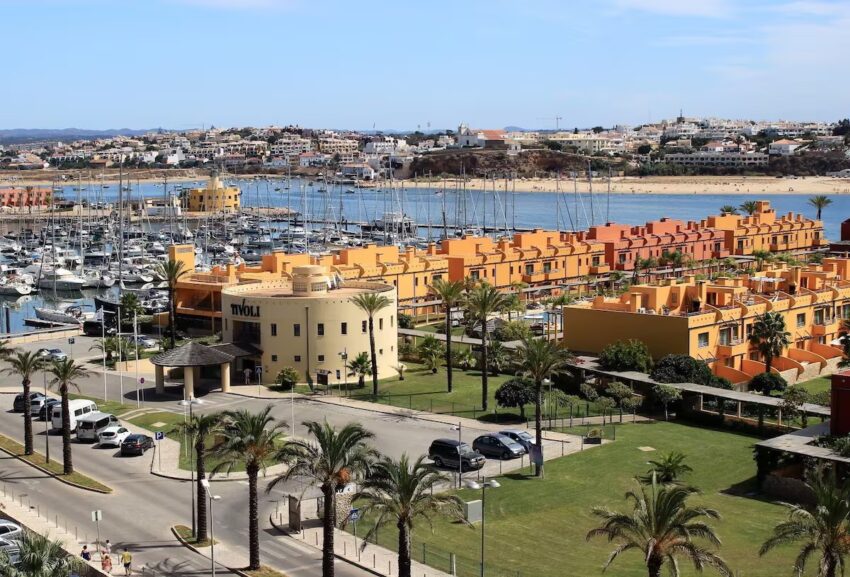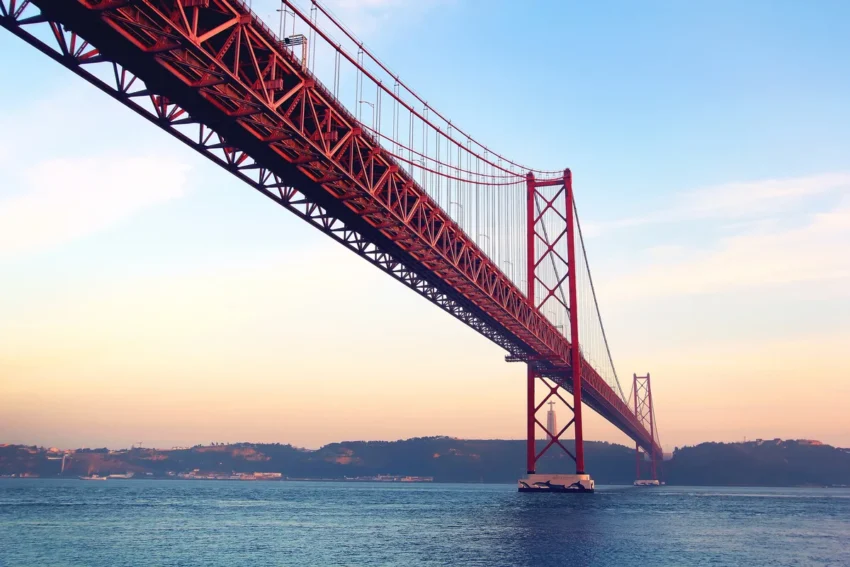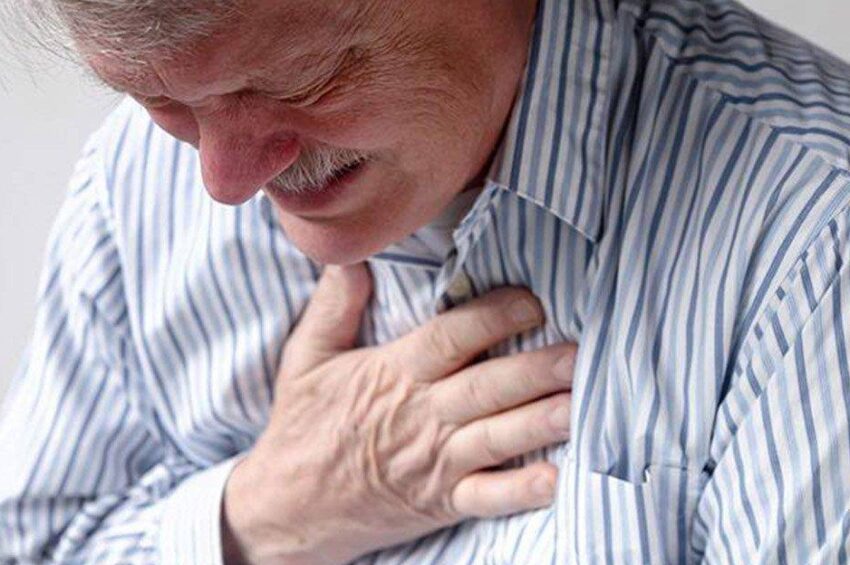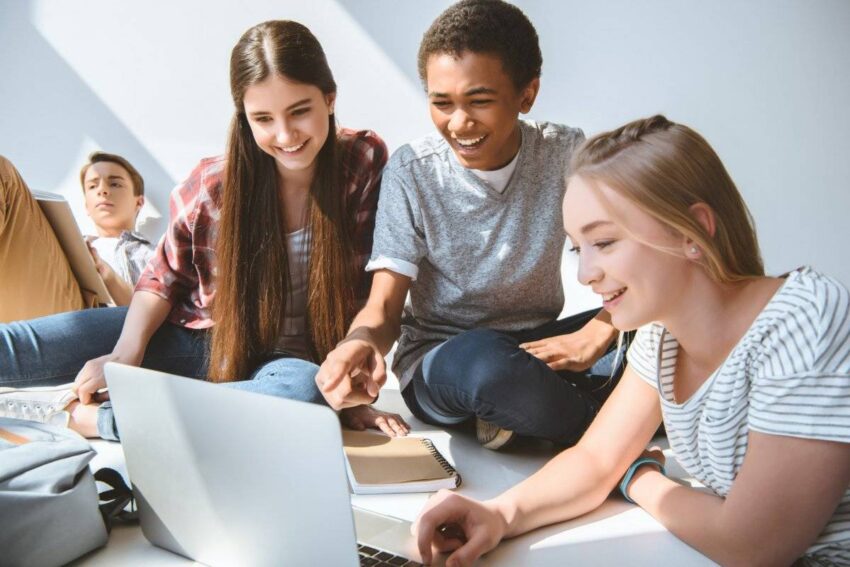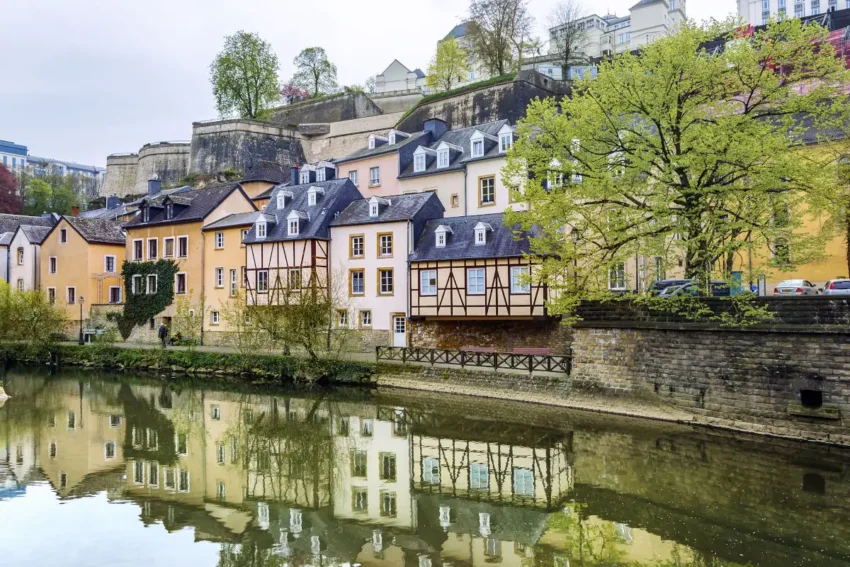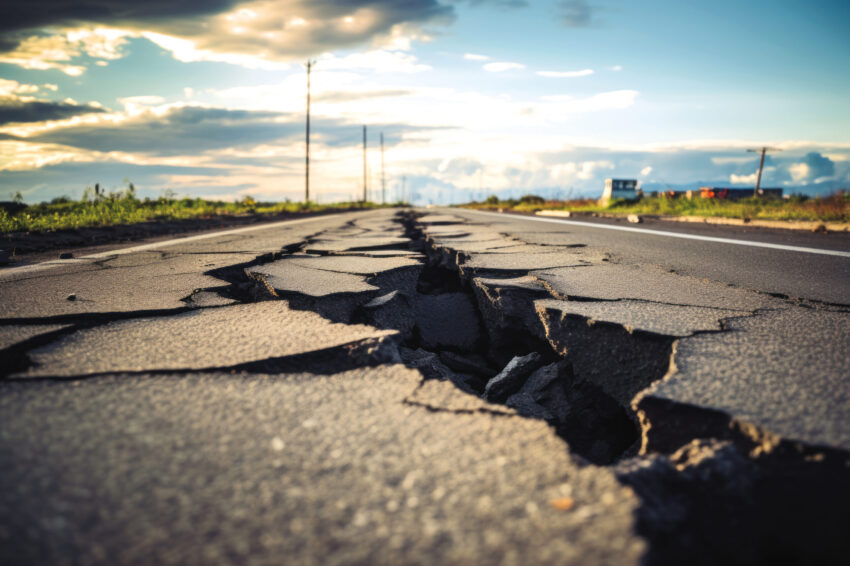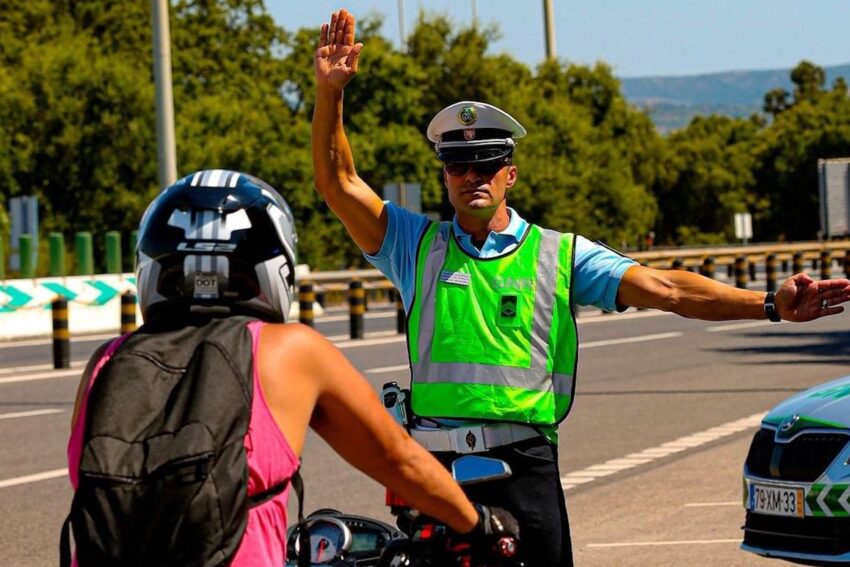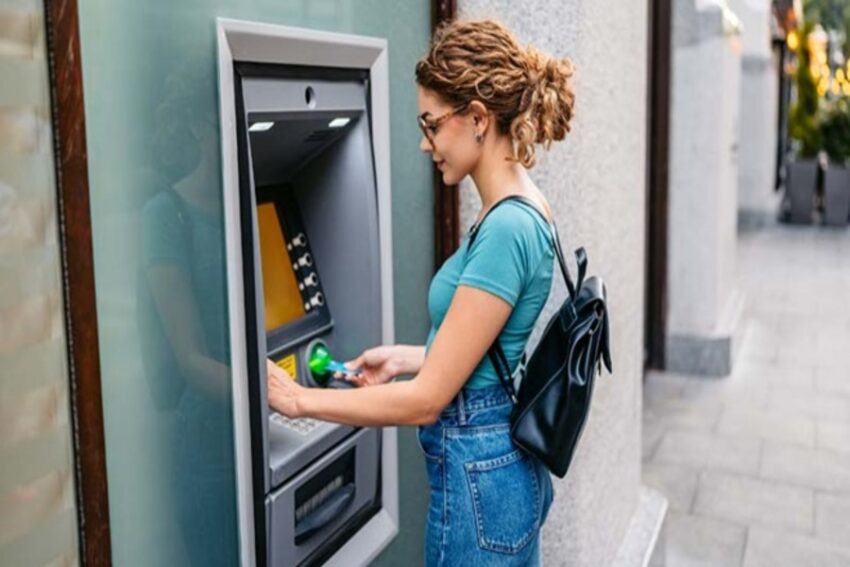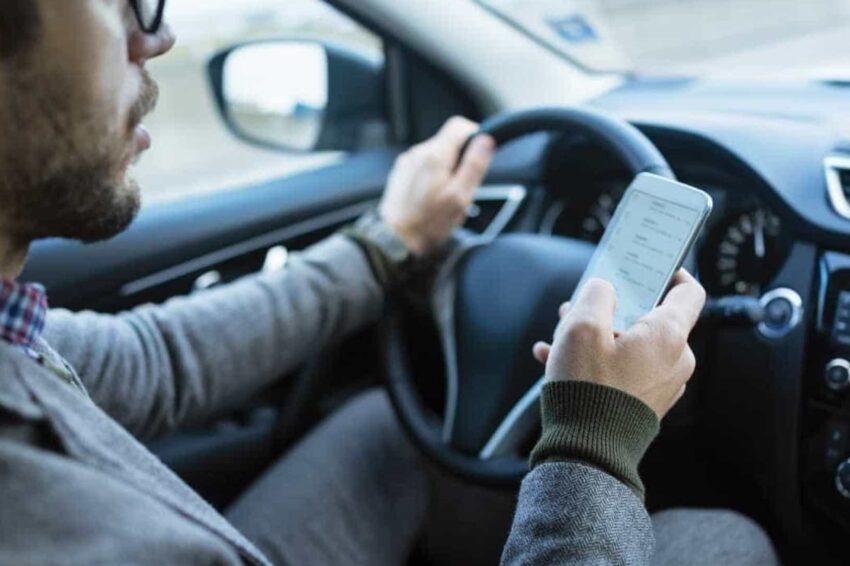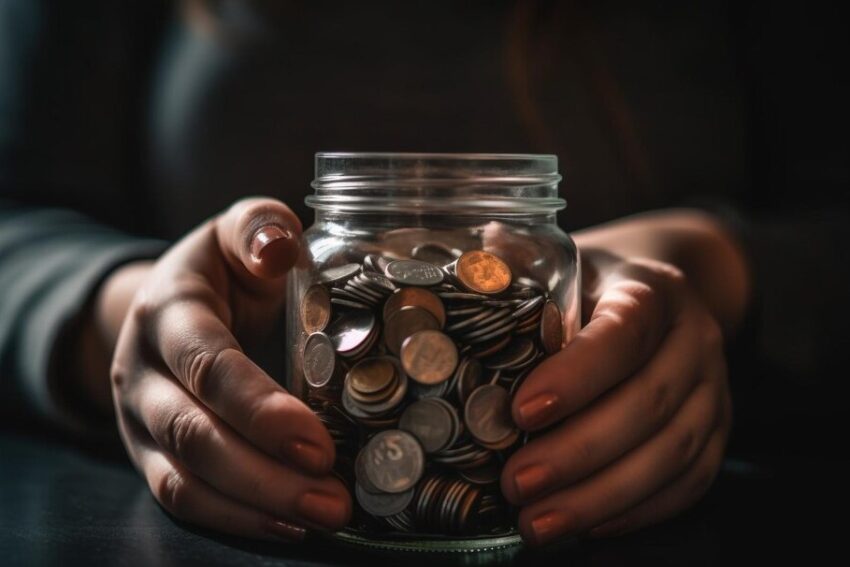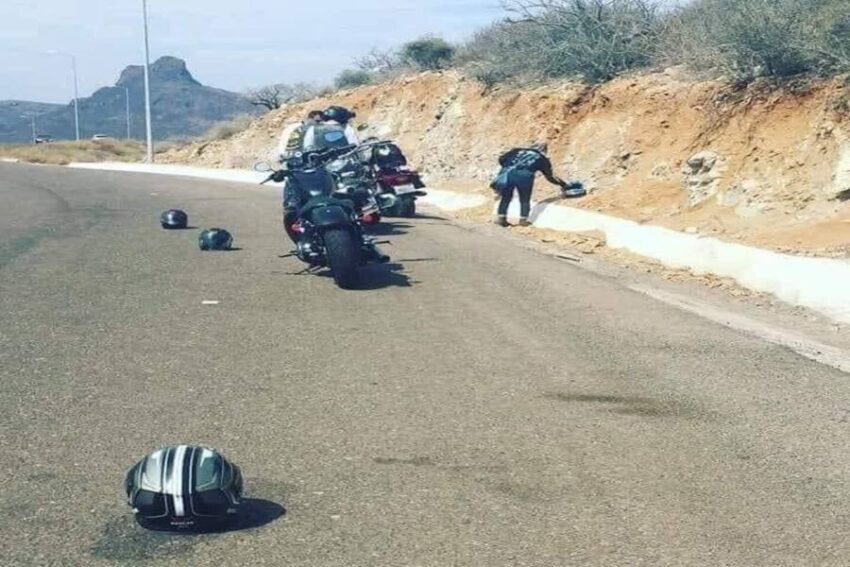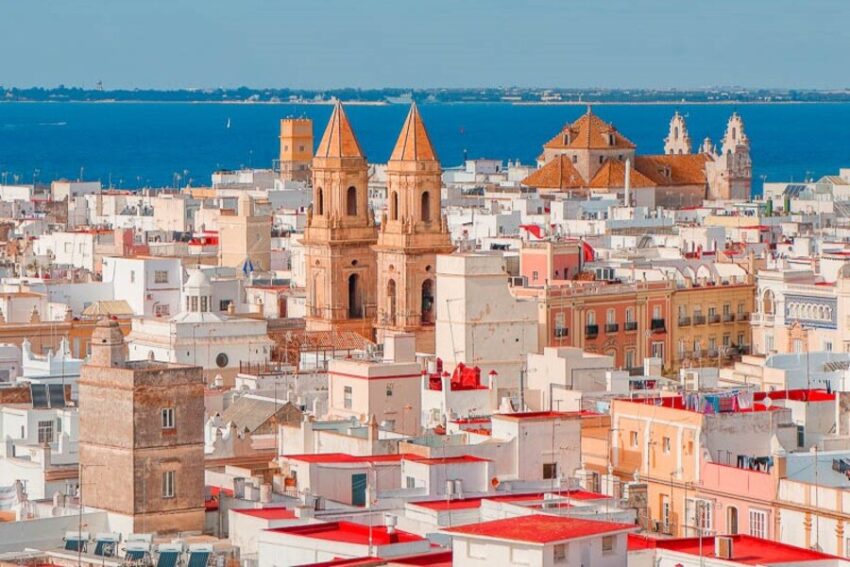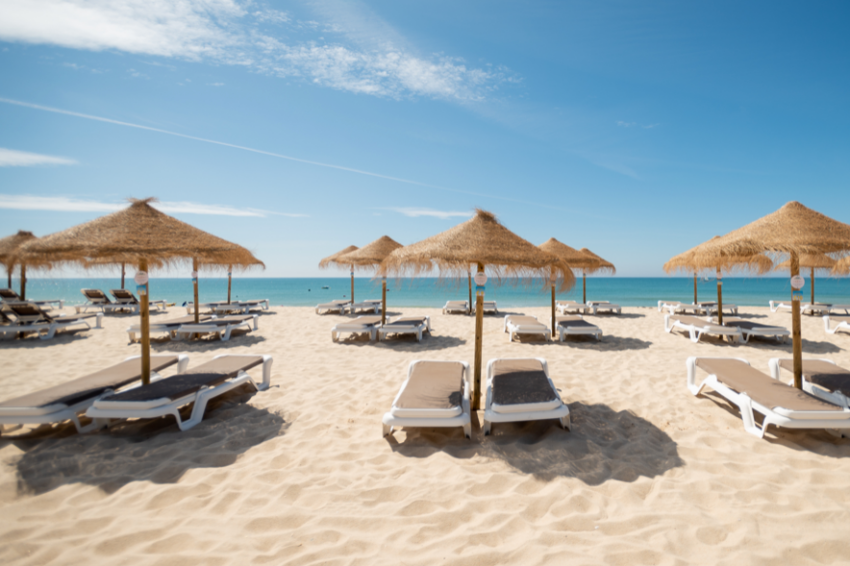Algumas notas sobre o SOTEU 2023
A Presidente Van Der Leyen observa que muitos eleitores serão jovens nestas eleições. Este grupo tende a votar de uma determinada forma, promovendo candidatos mais progressistas do que os grupos mais velhos. A Presidente menciona também a nova preocupação com a Inteligência Artificial, algo que está a alarmar cada vez mais os profissionais da engenharia de software e hardware. A Presidente faz referência a uma Europa “Verde Digital”. Também menciona o “Green deal”. Pessoalmente, considero a energia verde insustentável e, em vez disso, aposto na energia nuclear e num maior investimento na energia de fusão, que é mais potente do que a energia de fissão utilizada nas actuais centrais eléctricas e que não produz resíduos. Se não estou em erro, o acordo verde abrange, em certa medida, esta questão. O Presidente constata que a Europa se tornou mais autossuficiente em matérias-primas para a indústria, o que é uma nota positiva. A diretiva relativa à transparência dos pagamentos também é digna de nota.
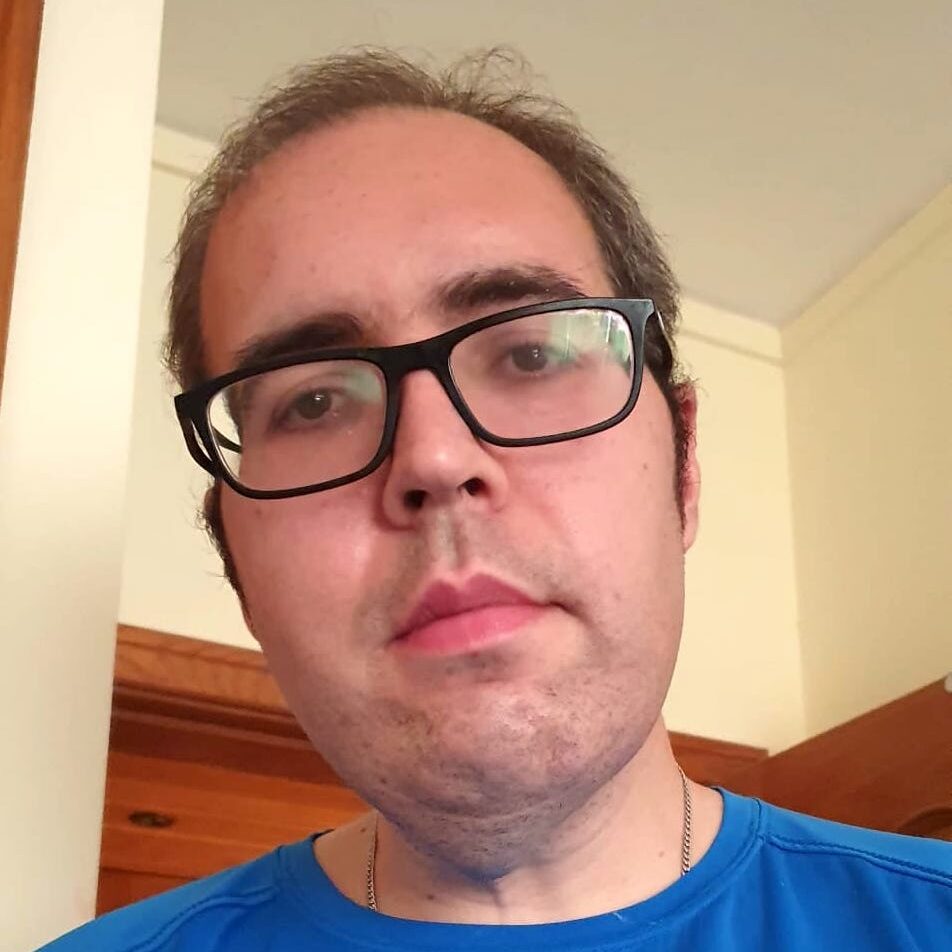
Eis algumas reflexões sobre o Pacto Ecológico. Penso que a energia verde só pode prosperar se for rentável a longo prazo. A Presidente do Parlamento Europeu refere o facto positivo do crescimento das fábricas de aço limpo, demonstrando que tal é possível. Ursula Van Der Leyen gaba-se da energia eólica, mas esta é, segundo alguns, a forma menos sustentável de energia verde. Não é feita qualquer referência à energia de fusão ou ao carvão limpo, que são possivelmente mais promissores.
Ursula salienta a importância da cooperação entre os agricultores e os que pretendem preservar o ambiente. Este é um tema polémico. As terras agrícolas são cada vez mais propriedade de menos pessoas, o que é digno de registo. A eurodeputada refere ainda as injustas subvenções chinesas que inundam a UE com carros eléctricos baratos, e que irá contrariar esta situação com uma série de medidas.
A economia europeia, durante a pandemia, não sofreu um colapso como o de 1929. A economia está a registar um crescimento do PIB. De acordo com Van der Leyen, Jacques Delors convocou uma reunião que lançou as sementes para um maior diálogo social entre os Estados-Membros. Em breve, realizar-se-á uma nova reunião nos mesmos moldes. Infelizmente, estou pessimista quanto ao facto de essa reunião se realizar enquanto decorre uma guerra entre a Ucrânia e a Rússia.
No “Segundo desafio económico”, Van Der Leyen sublinha que a Europa sobreviveu sem o gás russo. Este foi um acontecimento importante neste inverno, uma vez que todos os Estados-Membros temiam um inverno rigoroso. Ainda sobre a nota económica, Van Der Leyen propõe um projeto importante para ajudar as nações latino-americanas, o Mercosul, etc. exportar bens secundários em vez de apenas matérias-primas. Vamos ver se isto se tornará um facto concreto.
A Presidente discute o perigo da IA e propõe três pilares – proteção, governação e orientação da inovação. Propõe uma lei sobre a IA que, para mim, soa a uma “constituição” da IA. A sua insistência na governação da IA soa-me pessoalmente como se esta tecnologia fosse cair nas mãos de menos pessoas, o que não é uma ideia positiva.
Muitos dos projetos mencionados irão beneficiar a Europa. O Corredor Económico Índia-Médio Oriente-Europa, por exemplo. O comércio mais justo com os países mais pobres irá aumentar.
Van Der Leyen aborda a questão da imigração sublinhando: “Entre a proteção das fronteiras e a proteção das pessoas. Entre a soberania e a solidariedade. Entre a segurança e a humanidade”. Esta é uma enorme preocupação para alguns países membros, como a Grécia ou a Itália, que são as portas de entrada dos refugiados. A eurodeputada defende também que a Bulgária e a Roménia sejam aceites como Estados-Membros da UE.
Relativamente à guerra na Ucrânia, apoio o pacote de 12 mil milhões de euros este ano para a reconstrução e assistência humanitária. E também os 50 mil milhões por ano. A Ucrânia precisa desta ajuda”.
Para concluir, Van Der Leyen refere que, apesar de a adesão à UE se basear no mérito, o alargamento aos países vizinhos não deve ser adiado, o que merece o meu acordo.
*Rafael Kopp Alvarez Procopiak, nascido no Brasil. Brasília, Distrito Federal. Iniciou estudos em Washigton, DC onde cumpriu o pré-escolar e o início da educação primária. Nessa época, acompanhou os pais (ambos diplomatas) juntamente com as duas irmãs. Em seguida, a família foi transferida para Moscou, onde prosseguiu os estudos na American School. De volta ao Brasil, continuou na American School em Brasília. Nos anos seguintes, viveu na Argentina, México e Canadá.
Na Argentina, prosseguiu os estudos na ST.George’s School, escola inglesa vinculada ao sistema educacional britânico. No México, cursou parte da secundária na “Greengates School”, também de orientação britânica, e no Canadá , Toronto, finalizou a secundária. Em Montreal, ingressou e concluiu o Bachelor’s degree in Psichology, onde foi destacado na Dean’s Letter dentre os 100 melhores estudantes da Universidade. (Concordia University) Rafaelbtambém colaborou como voluntário se integrando na equipe de boas vindas aos novos alunos apresentando o campus da universidade. Em Potugal, Faro, trabalhou também como voluntário na charitable borganization “Existir”. Como parte do programa de Mestrado em Turismo, que concluiu na Unviversidade do Algarve, Rafael foi co-autor de artigos publicados em revista britânica especializada em lazer e turismo.
Some notes on SOTEU 2023
President Van Der Leyen notes that many voters will be young this election. This cohort tends to vote in a certain way, promoting more progressive candidates than older cohorts. She also makes mention of the new concern over Artificial Intelligence, something which is increasingly alarming those in software and hardware engineering. The President makes mention of a “Green Digital” Europe. She also mentions the Green deal. I personally find Green energy unsustainable and look instead to nuclear power and for more investment into fusion power which is more powerful than that of fission used in current power plants and which does not produce waste. If not mistaken the Green deal covers this to some extent. The President notes that Europe has become more self-sufficient in raw materials for industry which is a positive note. Also of note is the Directive on pay transparency bill.

Here are some thoughts on the Green Deal. I believe that Green energy can only prosper if it is on a long term profitable. The President notes the positive fact of the growth of clean steel factories, showing this is possible. Ursula Van Der Leyen boasts about wind energy but wind energy is the least sustainable form of Green energy according to some. No mention is made of fusion power, or clean coal which are possibly more promising.
Ursula notes the importance of cooperation between farmers and those wishing to preserve the environment. This is a polemic topic. Farmland is increasingly being owned by fewer people, something worthy of note. She also makes mention of the unfair Chinese subsidies which flood the EU with cheap electric cars, and that she will counter this with a series of measures.
On a similar note Ursula notes that the European economy during the pandemic did not crash like in the global crash of 1929. The economy is experiencing GDP growth. Jacques Delors convened a meeting according to Van der Leyen which planted the seeds for greater social dialogue between member states. A new meeting will be held soon in the same veins. Unfortunately I am pessimistic that such a meeting is being held while a war is occurring between Ukraine and Russia.
Of note in the “Second Economic challenge” is Van Der Leyen’s note that Europe survived without Russian gas. This was an important event this winter since all member states feared a harsh winter. Further on the Economic note, Van Der Leyen proposes a significant project to help Latinamerican nations, the Mercosur, etc. Export secondary goods as opposed to just raw materials. Let us see if this will become a concrete fact.
The President discusses the danger of AI and proposes three Pillars-guardrails, governance and guiding innovation. She proposes an AI Act which to me personally sounds like an AI “constitution”. Her insistence on governance for AI to me personally sounds like this technology will fall into the hands of fewer people which is not a positive idea..
Many projects mentioned will benefit Europe. The India-Middle East-Europe Economic Corridor for instance. Fairer trade with poorer nations will increase.
Van Der Leyen addresses the issue of immigration by stressing “Between protecting borders and protecting people. Between sovereignty and solidarity. Between security and humanity.” This is an enormous concern to certain member nations such as Greece or Italy which are the doorways for refugees. She also pleads for Bulgaria and Romania to be accepted as member states in the EU.
Concerning the war in the Ukraine I support the package 12 billion euros this year for reconstruction and humanitarian assistance. Also the 50 billion a year. Ukraine needs this aid.
Concluding, Van Der Leyen notes that though membership in the EU is merit based, enlargement should not be delayed to neighboring countries which I agree.
*Rafael Kopp Alvarez Procopiak, born in Brazil. …Rafael Kopp Alvarez Procopiak, born in Brazil. Brasília, Federal District. He began his studies in Washington, DC, where he completed pre-school and early elementary school. At that time, he accompanied his parents (both diplomats) along with his two sisters. The family then moved to Moscow, where she continued her studies at the American School. Back in Brazil, she continued at the American School in Brasilia. In the following years, he lived in Argentina, Mexico and Canada.
In Argentina, he continued his studies at ST.George’s School, an English school linked to the British education system. In Mexico, he attended part of secondary school at the Greengates School, also British, and in Canada, Toronto, he finished secondary school. In Montreal, he entered and completed his Bachelor’s degree in Psychology, where he was featured in the Dean’s Letter as one of the university’s top 100 students. (Concordia University) Rafael also worked as a volunteer on the team welcoming new students and introducing them to the university campus. In Potugal, Faro, he also worked as a volunteer for the charitable organization “Existir”. As part of the Master’s programme in Tourism, which he completed at the University of the Algarve, Rafael co-authored articles published in a British magazine specializing in leisure and tourism.
Leia também: Podcast | SOTEU 23 – Europa quo vadis? O eco dos nossos mais jovens cidadãos

O Europe Direct Algarve faz parte da Rede de Centros Europe Direct da Comissão Europeia. No Algarve está hospedado na CCDR Algarve – Comissão de Coordenação e Desenvolvimento Regional do Algarve.
CONSULTE! INFORME-SE! PARTICIPE! Somos a A Europa na sua região!
Newsletter * Facebook * Twitter * Instagram

